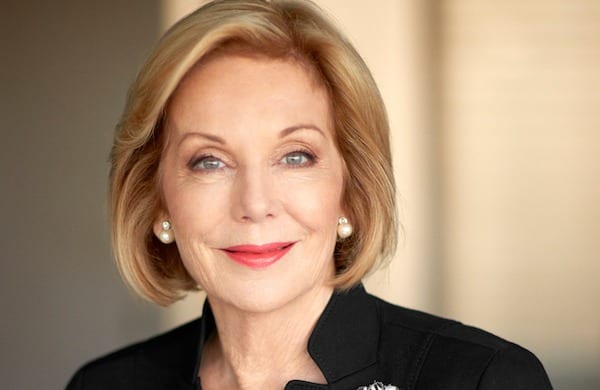But she also suggested that Australia had lost its “larrikin spirit” in a bid to be politically correct. She lamented that men and women “don’t talk to each other the way we used to”– something she perceives to be a loss.
“Even in the workplace, the way men and women used to talk to one another, which was quite fun, I think, doesn’t exist today,” she said during an interview with ABC News Breakfast.
“When I think of some of the conversations I used to have with Sir Frank Packer, for instance, they simply wouldn’t happen today.”
“We’re far too sensitive, I think. There are very few larrikins … we’ve sort of suppressed that side of our character.”
No doubt, Ita Buttrose would have experienced and witnessed a number of dramatic cultural changes during her time in media. She started her career at a time when working women were an anomaly, in an industry renowned for being one of the worst culprits.
Her efforts to become The Telegraph’s youngest editor at age 21 and then moving on to launch the hugely successful Cleo Magazine (under Packer’s watchful eye) at just 23, were extraordinary feats. But I wonder what price she paid as the only woman in the room? Was it really so “fun”?
This line about ‘hypersensitivity’ and ‘political correctness gone mad’ is a difficult one to peddle in my mind, because it forces us to ask what “larrikinism” really is and how far we’re willing to use it as an excuse.
Too often I see it bandied around as a thinly veiled justification for persistent discrimination, sexism and racism in workplaces and broader society. It’s also typically men at the forefront of this.
And while you can make the argument that employees and employers might have been more relaxed in prior decades; that a lack of scrutiny enabled freer conduct and “more fun”, there’s a very obvious and compelling counter argument: This kind of culture can easily breed toxicity too.
It can lead to environments where women, people of colour, individuals with disabilities, or differing socio-economic backgrounds are treated horrendously. Where these same minority groups are forced to smile and laugh at discriminatory behaviour else they be viewed as “too sensitive” or “un-Australian”.
Acting honourably and morally and without bias isn’t always the easiest. It’s okay for us to admit this. It can sometimes lead to us being hyper-aware of how we should act and censoring things we’d normally say.
But that’s better than an alternative where certain groups are excluded from a culture that truly only favours one homogenous and privileged group.
Australians do have a great and very unique sense of humour. We’re self deprecating and dry and like to take the piss. But we can still retain this without offending or minimising anyone around us.
The fact that employers are working toward this, to me, isn’t evidence of PC overkill. It’s evidence that we want an equal playing field. And we should embrace a change like that wholly in our big, larrikin hearts.


